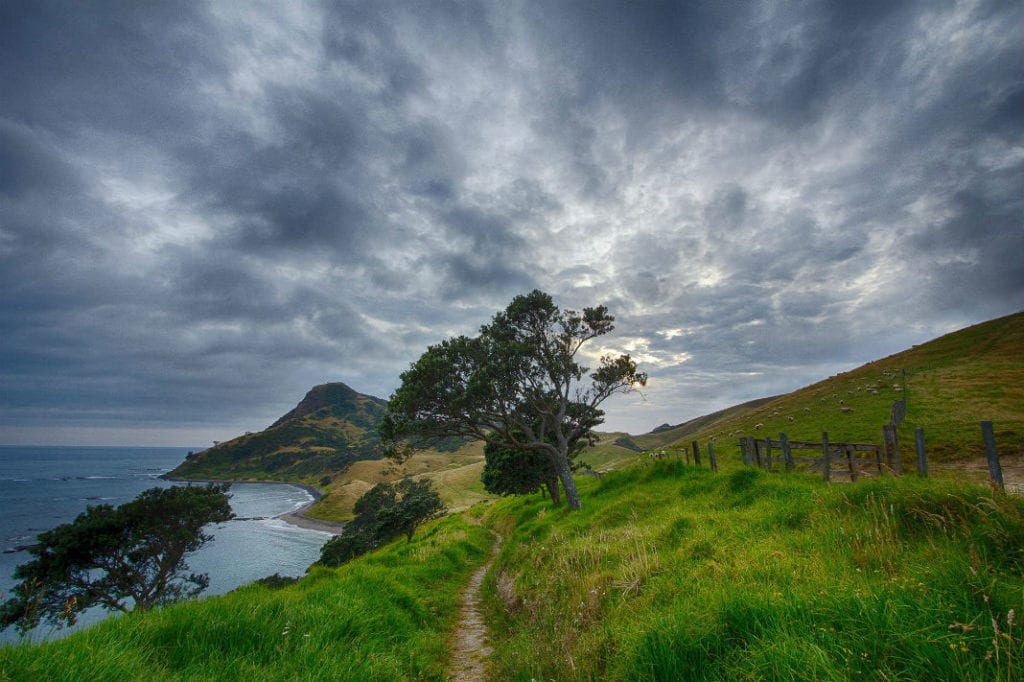Many persons living with rare disease require a transplant of certain organs. Though this is not a cure for the rare disease Cystinosis, a kidney transplant is often required once the disease scars the organ and causes kidney failure.
Mayo Clinic’s online information has a long list of the side effects of anti-rejection medication after kidney transplant surgery. For the purposes of this interview, one of the prominent risks is an increased risk of cancer, particularly skin cancer and lymphoma. Post-transplant life comes with its own set of complications and maintenance including seeing your physician frequently as well as a dermatologist. If cancer is discovered, one must see an oncologist, as well.
With this information on living with rare disease and the risk of possibly living in remission from cancer, I decided to interview my friend Katie Swafford. She is also part of the Cystinosis Research Network’s Future By Design.
Rebekah: When were you diagnosed with Cystinosis? How old were you when you had a kidney transplant? And what age were you when diagnosed with cancer?
Katie: My parents literally got the confirmation phone call that I had Cystinosis during my first birthday party. I was 13 years old at the time of my transplant. I was 25 years old when it was discovered that I had cancer.
Rebekah: Katie, you have gone through life with Cystinosis and survived major surgery as a middle schooler. In terms of your feelings as a young adult, what was your life experience like after being diagnosed with cervical cancer?
Katie: Having Cystinosis was rough, mostly I remember hospital visits. I remember flushing my meds (down the toilet), especially Cysteamine when it came time to take it! I also vividly remember feeling so different than my peers. My older sister Sarah also had Cystinosis so I did have someone else close I could talk to. We got sick together, as you can imagine, we even had to share a hospital bed during a virulent strain of meningitis. There weren’t enough pediatric beds at that time in the hospital. So upon hearing I had cancer I was scared, really scared. But I was partially desensitized to bad news. The doctor called my mom at 8:00 pm on a Friday night -that was awful.
The events leading up to the cancer was, I found out I was pregnant and was so excited. Shortly thereafter, my doctor wasn’t sure this was a viable pregnancy. I suffered a miscarriage. On a subsequent visit with my doctor, she discovered the cancer. It was an overwhelming experience.
Rebekah: To you, was dealing with cancer more concerning than living with an incurable illness?
Katie: As a child I was sickly. I was in and out of hospitals correcting this metabolic disorder (Cystinosis). I had begun growth hormones that made my legs ache and hastened my kidney failure. However, for all that, I had a good childhood. I was just sick a lot. The transplant allowed me to feel better, eat more, and grow. The cancer was stage 1, thank goodness, but it destroyed my chances of giving birth to my own child. Both were devastating.
Rebekah: What was your treatment for cancer?
Katie: I had a partial hysterectomy.
Rebekah: Who was your support during cancer treatments? Are they still involved with ongoing medical care (or have they always been)?
Katie: My support during the cancer was my mom and my sisters and my brother. My family is still involved, some more than others, but I’ve always had a very supportive family.
Rebekah: Did treatment for Cystinosis and transplant drugs take a back seat due to the cancer during this time?
Katie: My cancer was driven by my immunosuppressive drugs, so it was a huge problem upon diagnosis. The treatment options were limited due to my kidney transplant, hence the partial hysterectomy.
Rebekah: Any advice you would like to give from your experience as an adult living with rare disease (no cure to date) and remission from cervical cancer?
Katie: Find happiness where you can, don’t sweat the small stuff, and take your medicines as directed. Please, don’t flush your meds down the toilet!
Rebekah: There has been talk of potential cure in the Cystinosis community which would utilize stem cells and small doses of chemotherapy. Does this sound like a cure you would be willing to chance?
Katie: Yes, for sure I would.
Further reading on dealing with grief:
https://www.compassionatefriends.org/
https://www.cdcr.ca.gov/Wellness/docs/Grief-Of-Parents-Lifetime-Journey.pdf
Share your stories, thoughts, and hopes with the Patient Worthy community!







